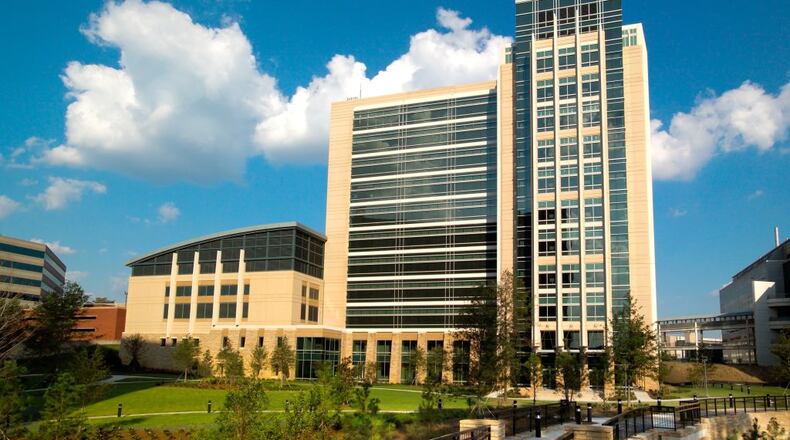The Atlanta-based Centers for Disease Control and Prevention would have money to research the causes of gun violence for the first time in more than two decades if a new proposal becomes law.
The Democrat-controlled House Appropriations Committee unveiled a draft spending bill late Monday that includes $50 million for the federal government to study “firearm injury and mortality prevention.”
Should both chambers of Congress approve, it would mark the first time the agency has received funding to research the issue since lawmakers effectively banned it in the mid-1990s. The so-called Dickey amendment directed the CDC not to “advocate or promote gun control,” which had a chilling effect on firearms research.
Lawmakers ultimately reversed themselves last year after facing mountains of pressure following the Parkland, Fla., shootings. They stopped short of repealing the Dickey amendment outright but approved language clarifying the CDC wasn't precluded from researching firearms as long as it didn't promote gun control.
Now House Democrats would like to move a step further and fund the research.
Their draft fiscal year 2020 spending bill for the Department of Health and Human Services stipulated that the research money would be split between the CDC and Maryland-based National Institutes of Health.
The bill is still a long way from becoming law, and the GOP-controlled Senate is likely to resist the push.
Gun control advocates cheered the news anyway.
"We've seen this public health approach yield great success in reducing deaths and injuries in other areas – from car crashes to diseases to food contamination. Appropriating this funding is a critical step in combatting gun violence and one we have long fought for," said U.S. Rep. Mike Thompson, D-Calif., who chairs Congress' Gun Violence Prevention Task Force. One of Thompson's top deputies is Marietta Democrat Lucy McBath, who was elected to Congress last year with a pledge to stem the tide of gun violence.
The new spending bill would also increase the CDC’s budget by about 12 percent and transfer more than $1 billion from other program accounts to pay for a new research support building and improvements to campus infrastructure.
About the Author
Keep Reading
The Latest
Featured


